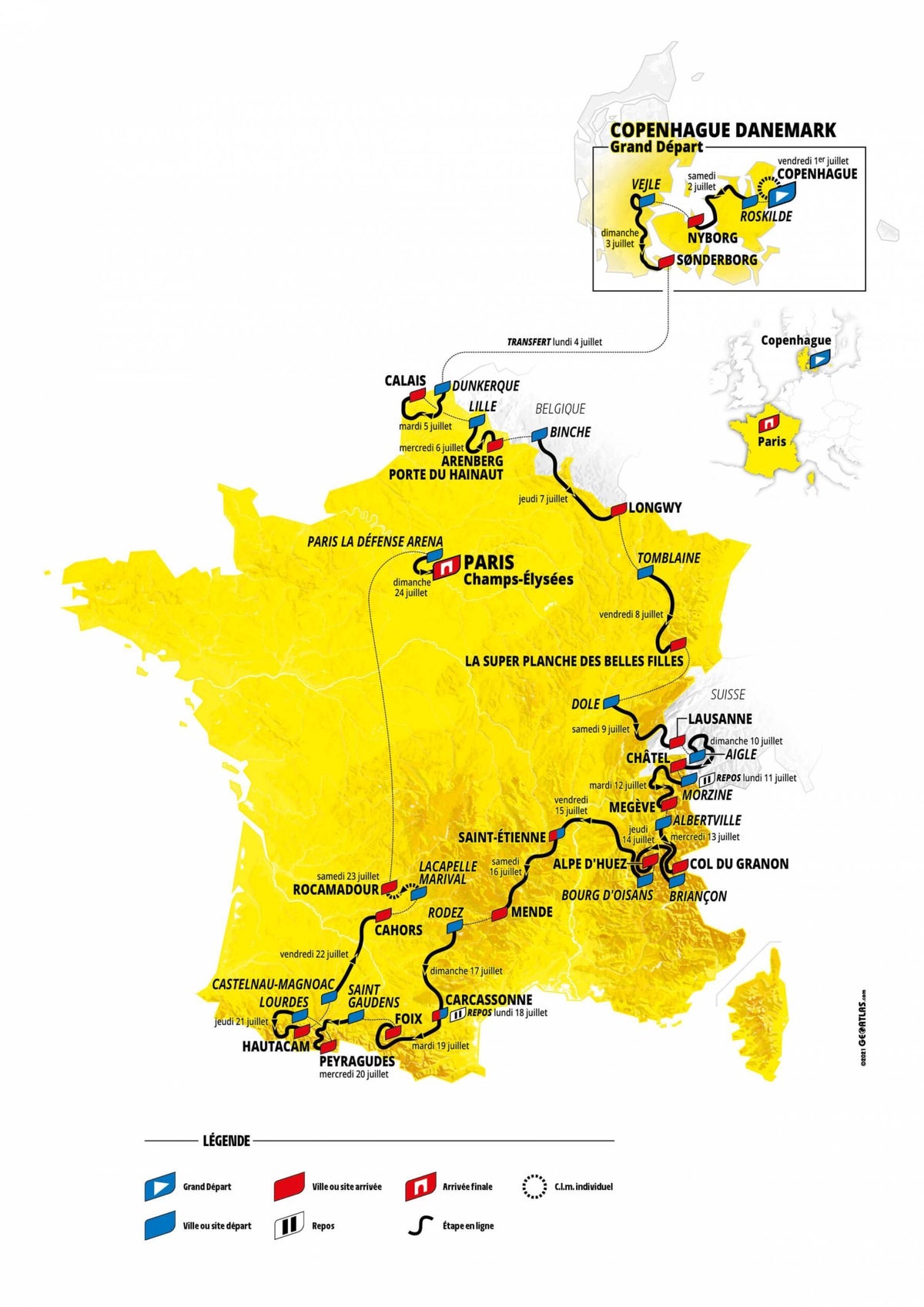The Unraveling of a Fake Pro Cyclist: Nick Clark's Deception Exposed
Core Concepts
Nick Clark created an elaborate web of lies surrounding his cycling career, from claiming to be a former pro cyclist to fabricating achievements and relationships in the cycling world.
Abstract
Nick Clark, a former Australian cyclist turned bike shop owner in Virginia, built a false narrative around his past as a professional cyclist. Claiming to have raced prestigious events like the Tour of Flanders and Paris-Nice, he garnered a loyal following based on these fabrications. His deception included creating fake team affiliations, coaching roles, and even competing in ultra-endurance races like Race Across America. Despite tragic personal losses, including the sudden death of his wife, Georgia, Clark's intricate web of lies began to unravel as inconsistencies in his stories were exposed. The fallout revealed not just one man's deceit but also allegations of abuse towards riders on his women's team and ties to political and military elites. The story delves into the complexities of identity construction, grief processing, and power dynamics within the cycling community.
Exposed by a Strava KOM: The many lives of a fake pro cyclist
Stats
Nick Clark claimed to have reached new heights on Mount Lemmon with modest power output: "Clark had breezed up the 14.7 mile climb pushing out a modest 136 watts."
He competed in four Cat 3 road races under Team Energy Racing banner but finished in the back half of the field each time.
In Race Across America (RAAM), official records show that Clark completed only 88.40 miles at an average pace of 11.48 mph.
Quotes
"Nick shared the frame with two former world champs on Strava."
"Clark was credited on Wikipedia as winner of U23 Australian Time Trial Championship when he would have been ineligible."
Key Insights Distilled From
by Iain Treloar at velo.outsideonline.com 04-29-2022
https://velo.outsideonline.com/road/exposed-by-a-strava-kom-the-many-lives-of-a-fake-pro-cyclist/
Deeper Inquiries
How did Nick Clark manage to maintain his deception for so long without being caught?
Nick Clark was able to maintain his deception for an extended period due to a combination of factors. Firstly, he strategically crafted a persona as a former professional cyclist with an impressive racing career, which lent credibility to his other claims and activities. By surrounding himself with cycling memorabilia, creating elaborate backstories about his time in the sport, and fabricating relationships with well-known figures like George Hincapie, he created an aura of authenticity that made it difficult for people to question his narrative.
Additionally, Clark utilized various tactics to deflect scrutiny and reinforce his false identity. He engaged in paid editorial placements that further validated his story, used social media platforms like Strava to showcase seemingly impressive athletic achievements (such as KOMs on challenging segments), and leveraged emotional triggers such as the tragic death of his wife to garner sympathy and trust from others.
Furthermore, Clark's charismatic personality and storytelling abilities likely played a significant role in convincing people of the veracity of his claims. His ability to engage with others on a personal level while weaving intricate tales about his past experiences helped solidify the image he projected.
Overall, Nick Clark's skillful manipulation of information, strategic use of social proof and authority figures, coupled with emotional appeals contributed to the longevity of his deception before being exposed by vigilant individuals who began questioning inconsistencies in his stories.
What impact did Nick's fabricated cycling career have on those who believed in him or were part of his teams?
The impact of Nick Clark's fabricated cycling career on those who believed in him or were part of his teams was profound and multifaceted.
For individuals who trusted Clark's false narratives about being a former pro cyclist with notable accomplishments, there was likely a sense of betrayal upon discovering the truth. Those who looked up to him as a mentor or coach may have felt disillusioned and deceived by someone they had placed their faith in for guidance and support.
Members of the ProBike FC Women’s Racing team experienced direct consequences from believing in Clark's falsehoods. They were promised sponsorships from prestigious brands like Colnago based on their association with him but ultimately faced disappointment when these promises failed to materialize fully or when expectations became increasingly demanding under Clark's control.
Moreover, participants within the broader cycling community who interacted with Nick may have been influenced by perceptions shaped around him – potentially impacting their own beliefs about what is achievable within the sport based on false representations presented by someone they respected.
In essence, Nick Clark’s fabricated cycling career not only eroded trust among those directly involved but also cast doubt on broader notions related to integrity within competitive sports environments.
How does Nick's story reflect broader themes of identity construction and seeking validation through falsehoods?
Nick Clark’s story exemplifies how individuals construct identities based on falsehoods as a means of seeking validation or acceptance from others. By fabricating an elaborate backstory as a former pro cyclist intertwined with various other roles such as CEO or military instructor – all proven untrue – he attempted to create an idealized version of himself that would garner admiration from peers while fulfilling personal desires for recognition.
The need for validation through these falsehoods can be seen as stemming from underlying insecurities or unmet needs within oneself. In this case, it appears that elements such as grief over losing one’s spouse could have triggered behaviors aimed at bolstering self-worth through external accolades associated with fictitious achievements.
Moreover, constructing false identities allows individuals like Nick Clark not only to present themselves favorably but also manipulate perceptions held by others regarding their capabilities or status within specific domains (e.g., professional sports). This process reflects deeper psychological motivations tied closely to ego preservation or enhancement through deceptive practices meant primarily for external affirmation rather than genuine self-acceptance.
0
